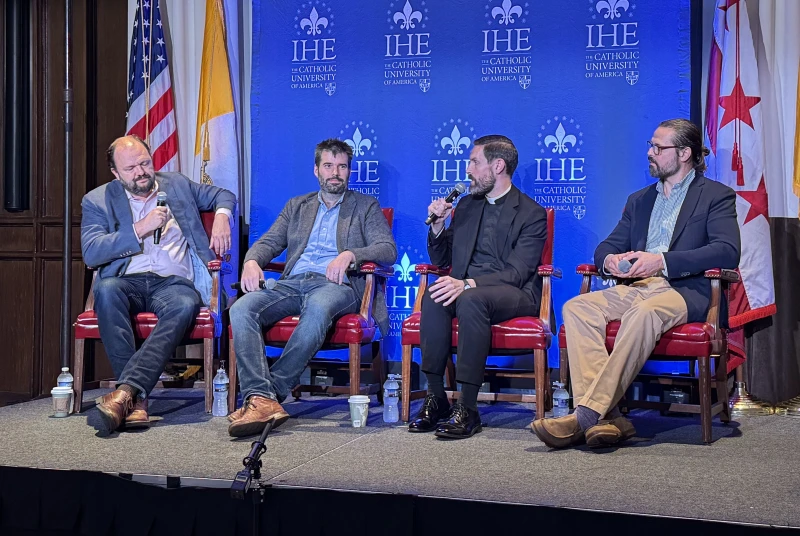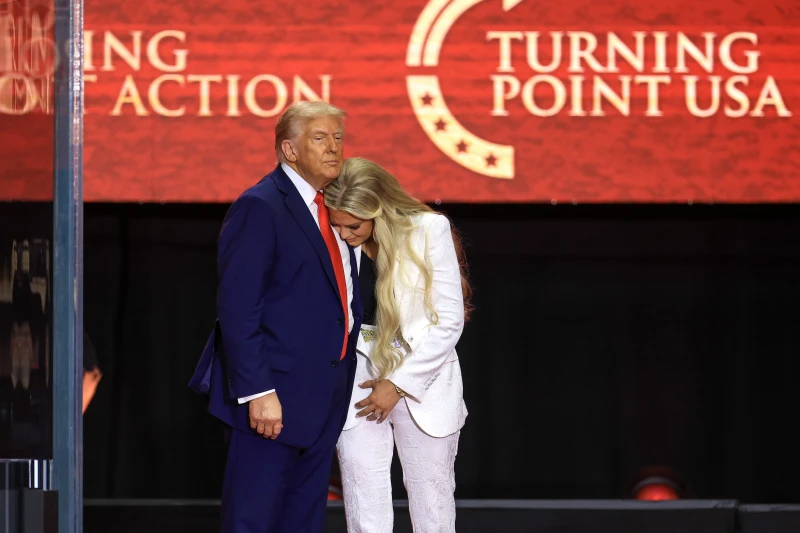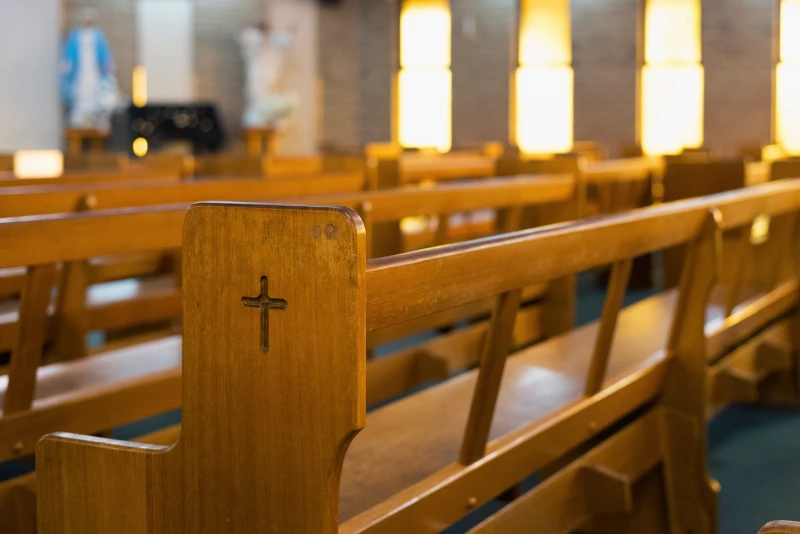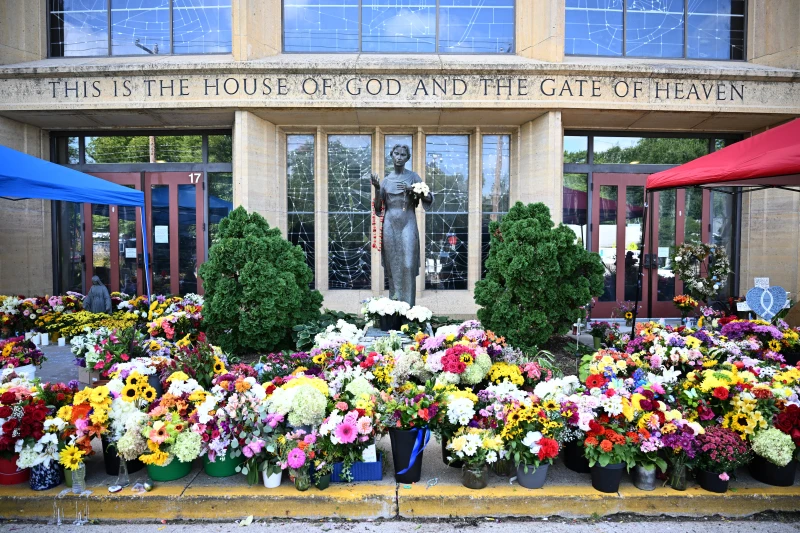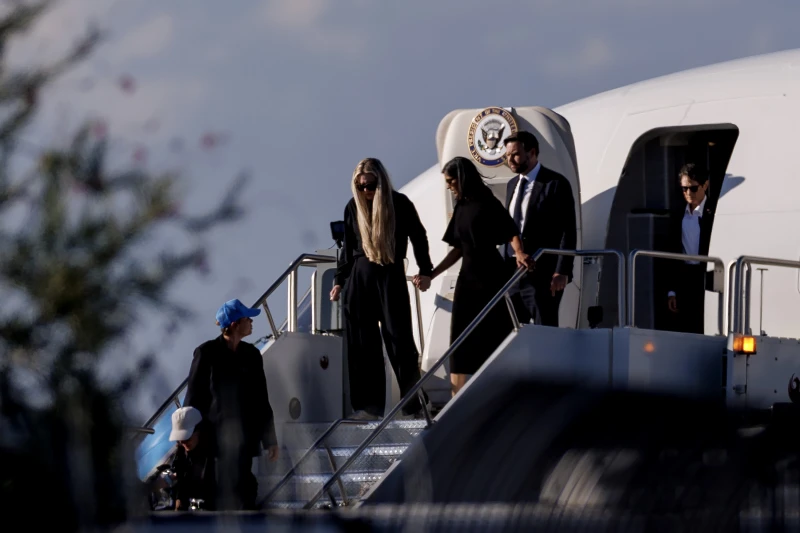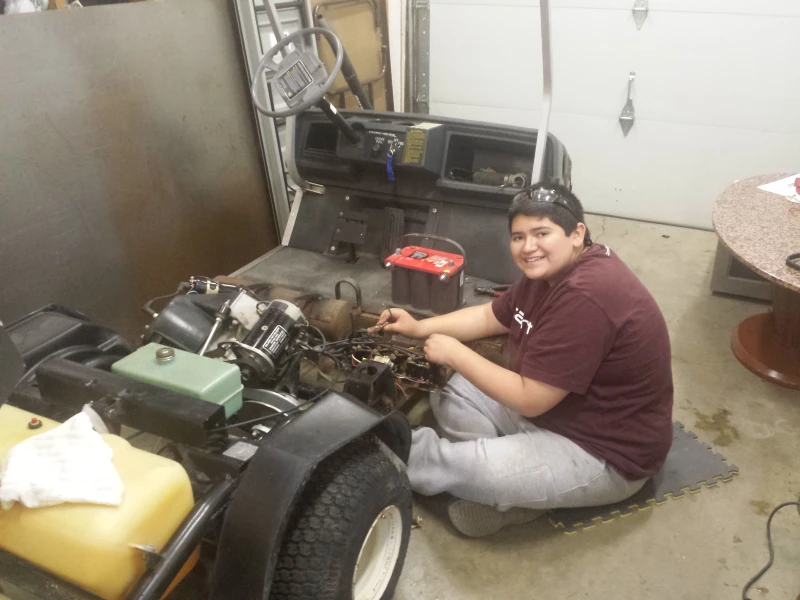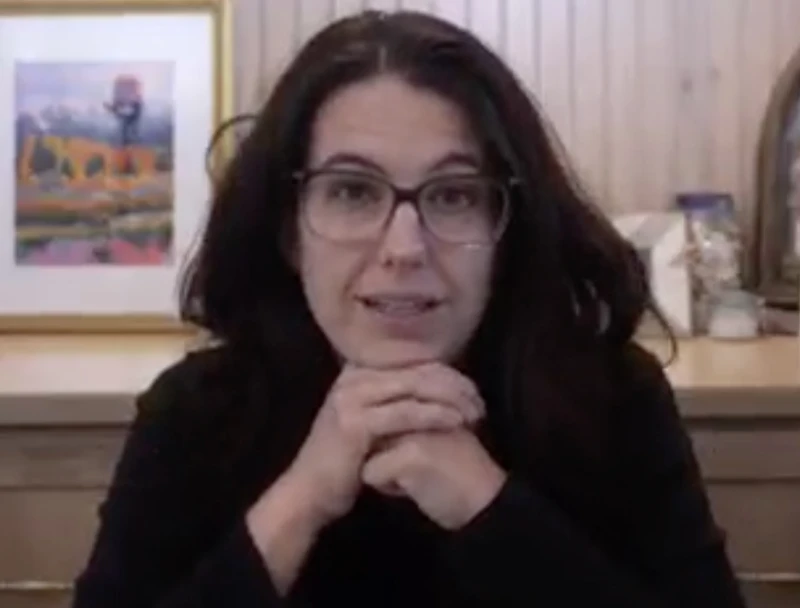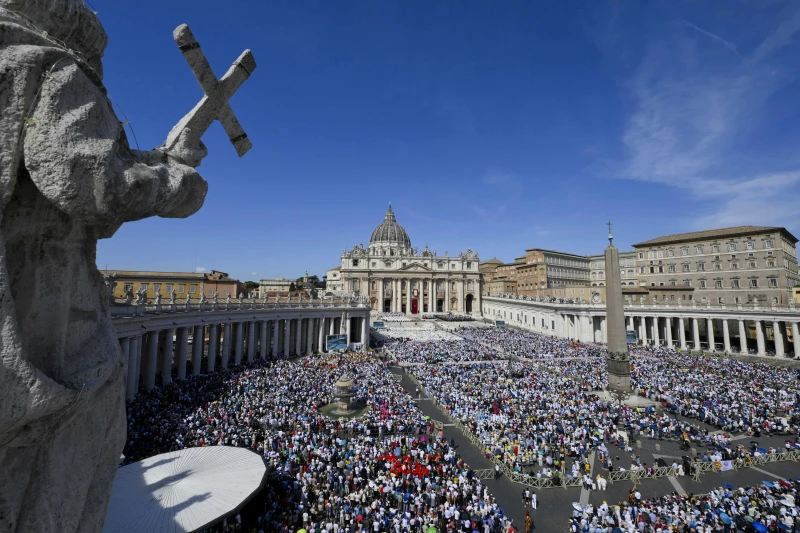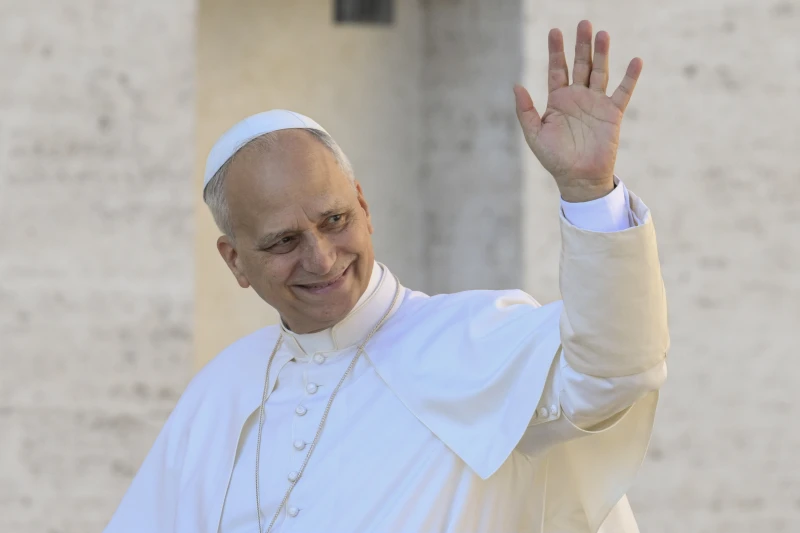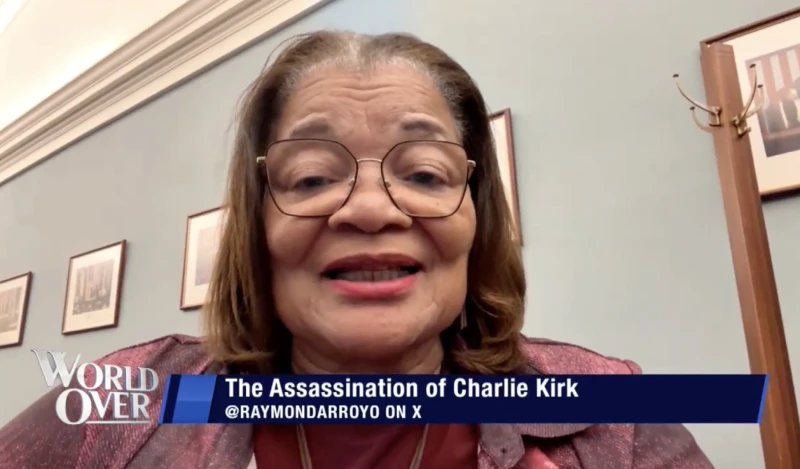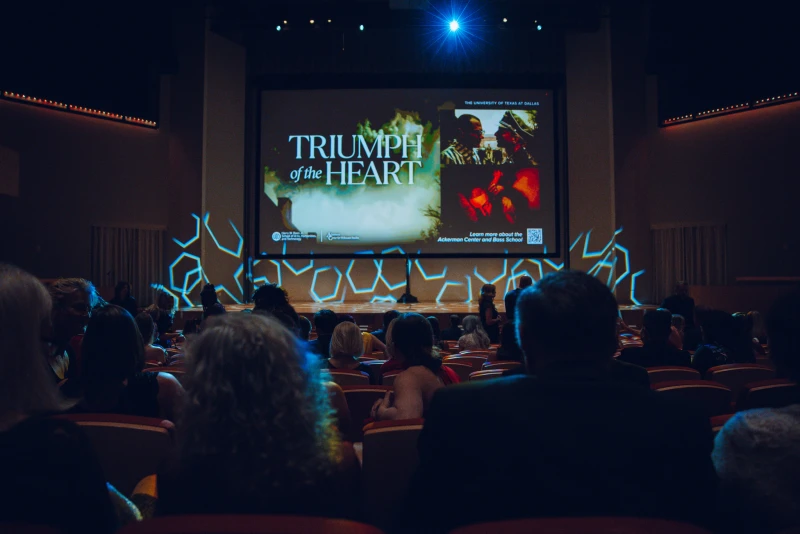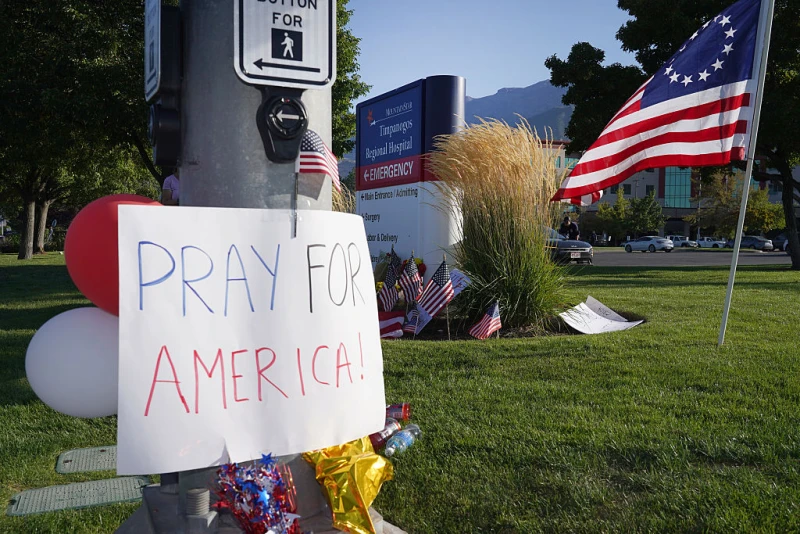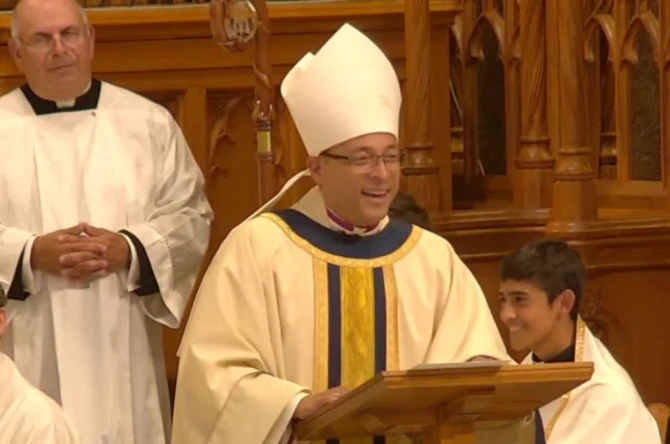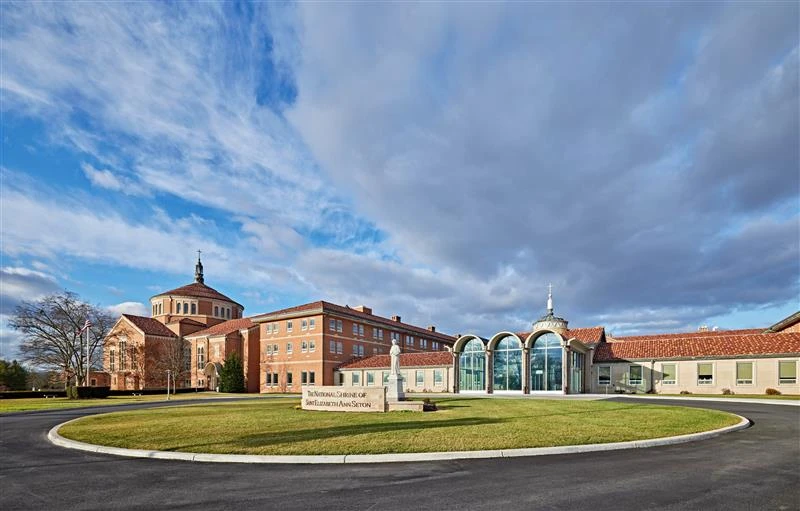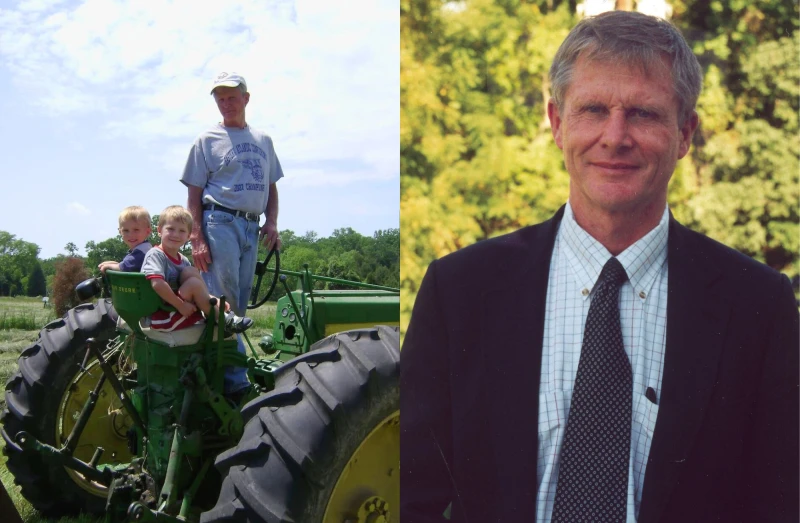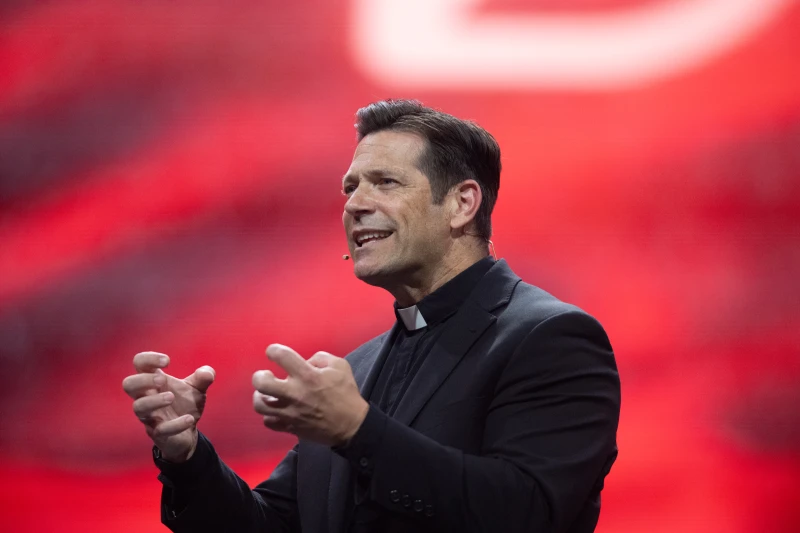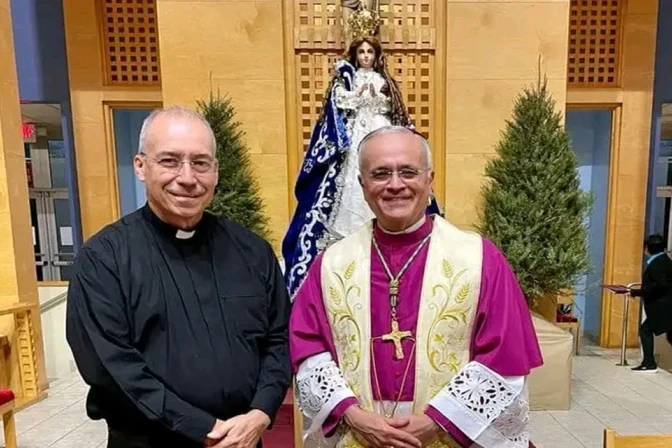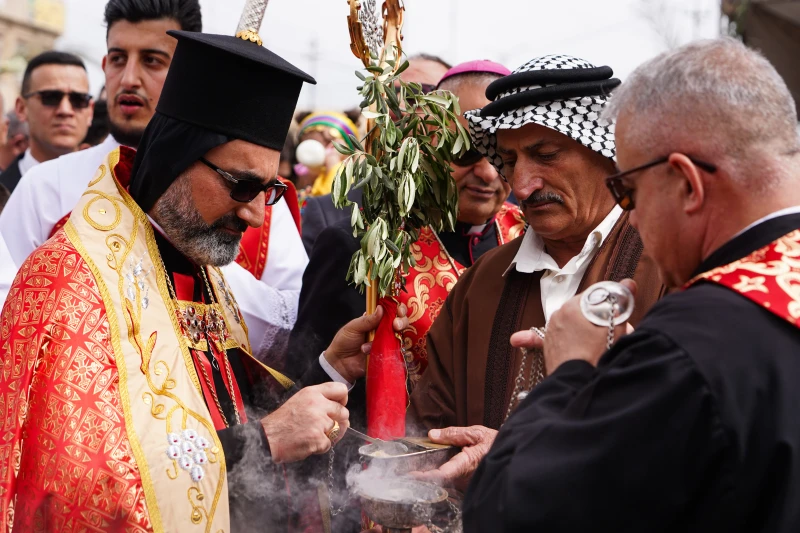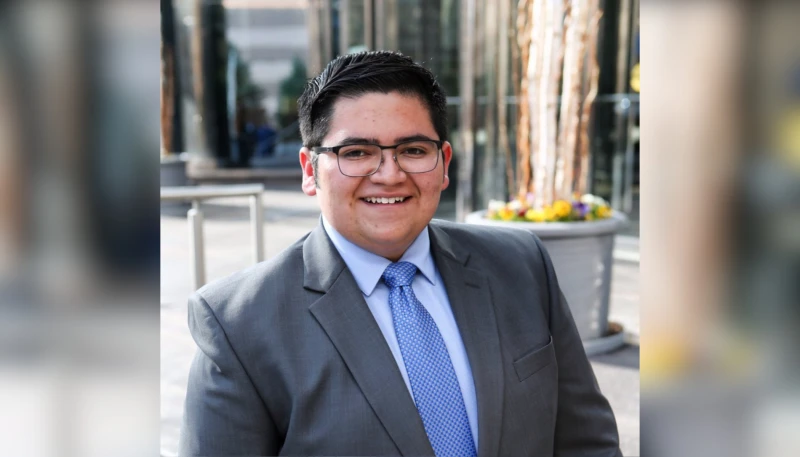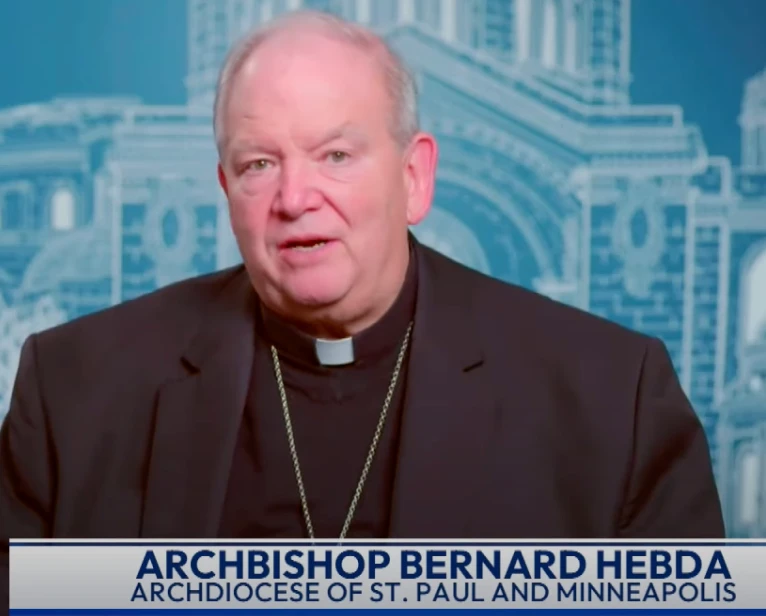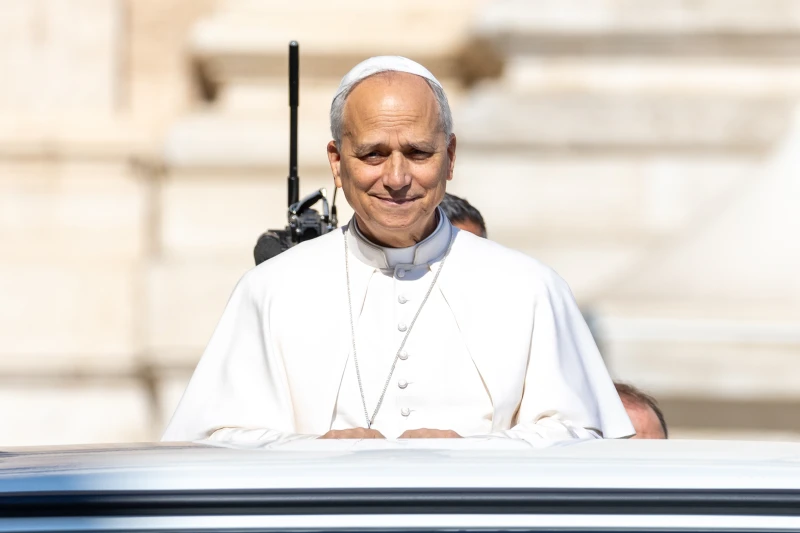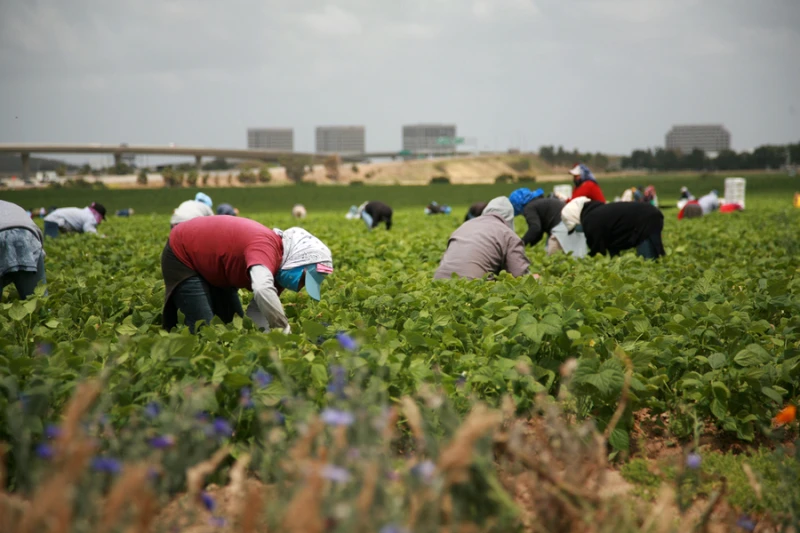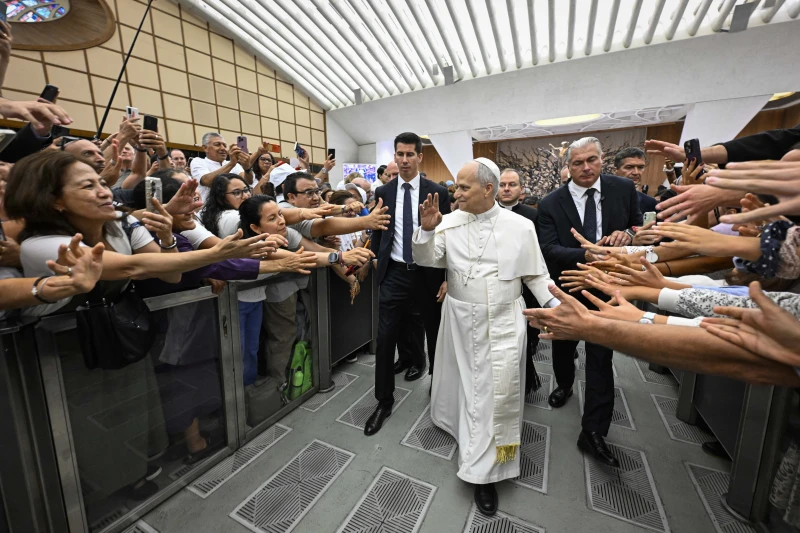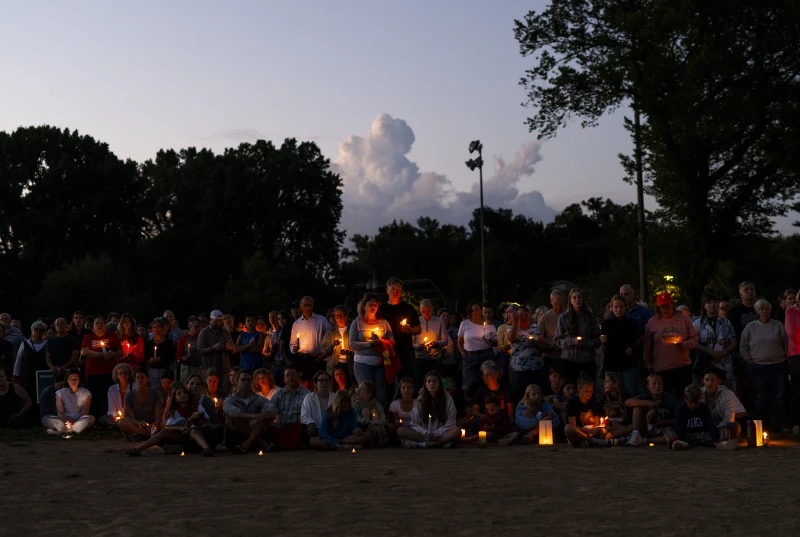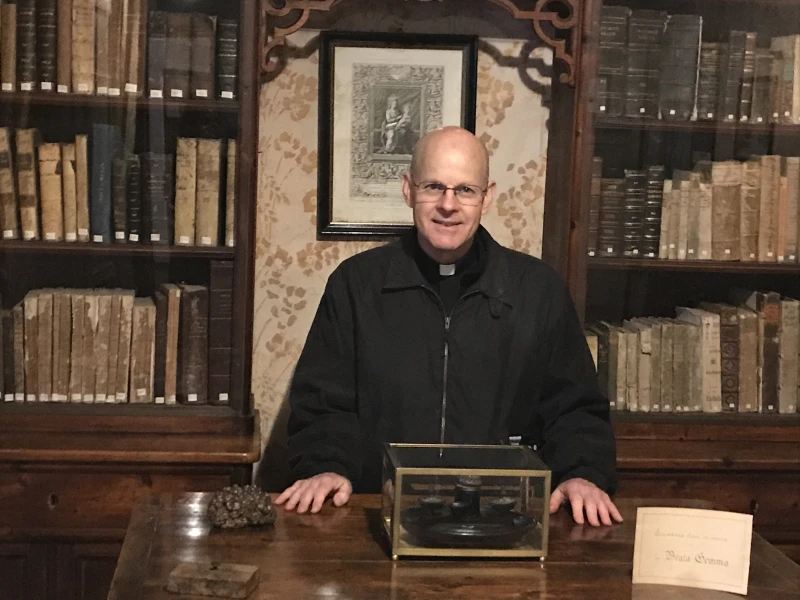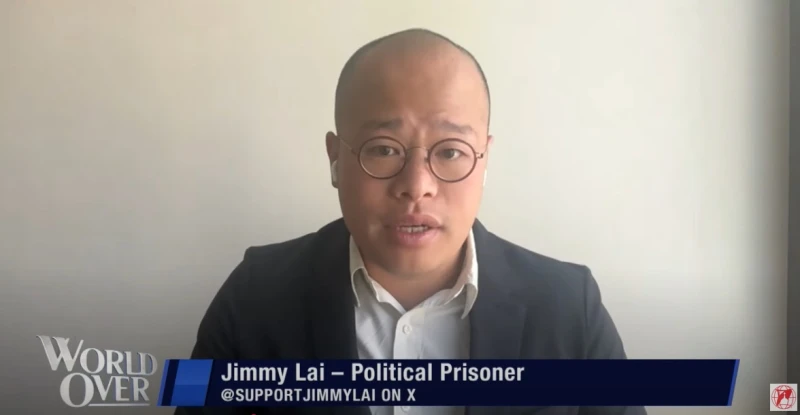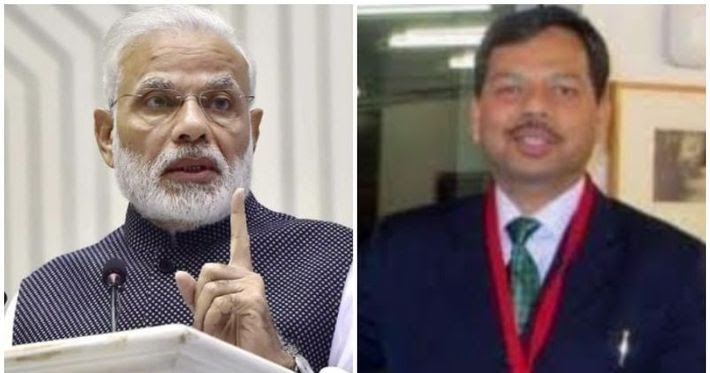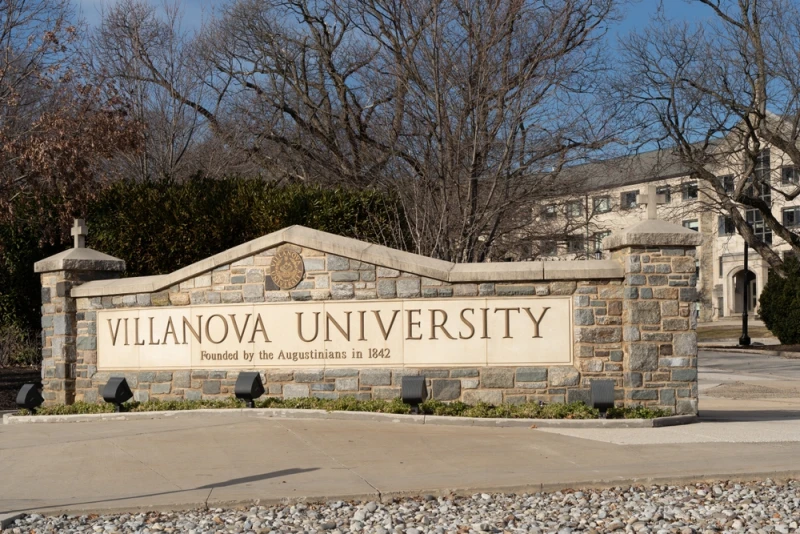

null / Credit: Amy Lutz/Shutterstock
Vatican City, Oct 7, 2025 / 08:00 am (CNA).
A new institute at Pope Leo XIV’s undergraduate alma mater wants to change the “mental pattern” that associates immigrants with crime.
In the 19th century, St. Frances Xavier Cabrini embraced the travails of millions of recently arrived Italian immigrants to the United States. Inspired by this legacy of the first American saint, Villanova University — the flagship institution of the Order of St. Augustine — has just launched the Mother Cabrini Institute on Immigration.
It was from this institution of higher learning in Philadelphia that Robert Francis Prevost — now Pope Leo XIV — earned his bachelor’s degree in mathematics in 1977.
The initiative is based on the Augustinian values of “veritas, unitas, and caritas” (truth, unity, and charity) and seeks to bring together the academic community and other external stakeholders to promote concrete actions to address the contemporary challenges of migration.
“Currently, there is a mentality that associates immigrants with crime, drug trafficking, or human trafficking. However, immigrants are the ones who care for our children and our elders; we open the doors of our homes to them so they can clean our homes. We invite them into the most intimate parts of our lives, yet the media generates contrary images that make it difficult to recognize their humanity,” explained Professor Michele Pistone, director of the center, which was inaugurated at the Vatican on Sept. 30.

The institute seeks to reverse negative perceptions through an interdisciplinary approach based on four pillars: teaching, research, advocacy, and service.
“We want to transform hearts and minds, work with all Villanova colleges, and connect with centers, alumni, and community partners to create systemic change,” the professor said.
For Pistone, the university is an ideal setting for this type of work. “What better place to do it than at a university, where we can study it, be active on the ground, learn from the experience, and teach students — the future leaders of our country and businesses — to understand the migrant experience?”
The scholar also participated in the event “Refugees and Migrants in Our Common Home,” which took place in Rome from Oct. 1–3 ahead of the Jubilee of Migrants (Oct. 4–5). The more than 200 participants in the global gathering from over 40 countries were welcomed to the Vatican last week by Pope Leo XIV.
As Pistone explained in conversation with ACI Prensa, CNA’s Spanish-language news partner, the seed of the Mother Cabrini Institute on Immigration was planted in 2022 when Pope Francis called on universities to research and teach more about migrants and refugees.
“I was in the front row and felt like he was speaking directly to me. I felt a personal calling to be part of the solution,” said the law professor at Villanova’s Charles Widger School of Law.
Personal inspiration and lifelong commitment
Pistone’s passion for migration is deeply rooted in her family history. During her studies in Italy, she visited Sicily in search of the origins of her grandparents, who immigrated to the United States at the beginning of the 20th century.

“Seeing my relatives, who didn’t know my father, and seeing how they rejoiced in his accomplishments in New York, changed my life. I began to understand the history of migrants from a lived perspective, and that led me to work with asylum seekers since 1999,” Pistone said.
For Pistone, migration is part of the identity and mission of the United States. “My state, Pennsylvania, was founded as a refuge for those fleeing religious persecution. That’s what asylum is all about: offering refuge to those who cannot live according to their beliefs or express themselves freely,” she explained.
Inspired by the life and work of Mother Cabrini, canonized by Pius XII in 1946, Pistone emphasized the value of the newly inaugurated center as an intellectual and social hub: “Mother Cabrini was a visionary and social entrepreneur. Her charisma guides us today in asking ourselves: What is Mother Cabrini’s work in the contemporary world? We want to carry out that mission through education, research, public advocacy, and service.”
This story was first published by ACI Prensa, CNA’s Spanish-language news partner. It has been translated and adapted by CNA.
Read More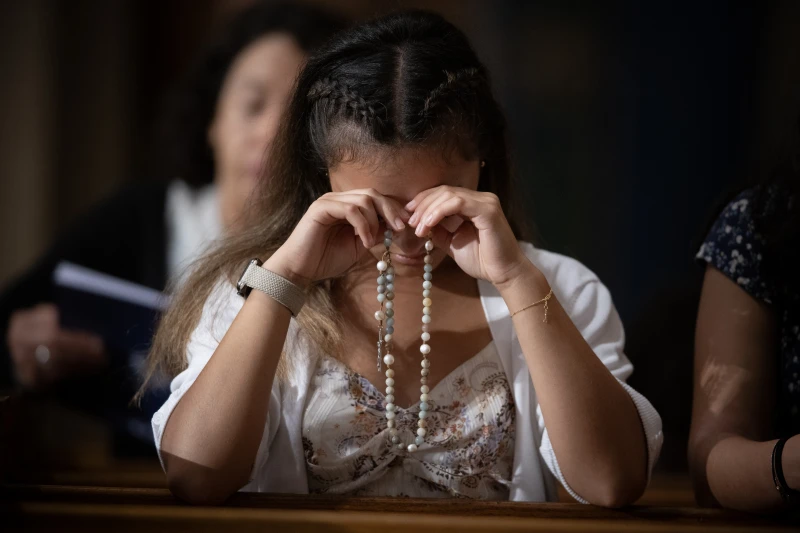



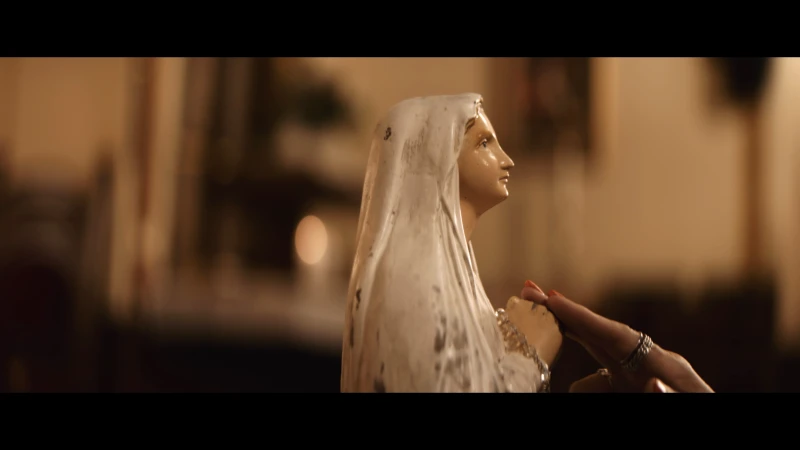



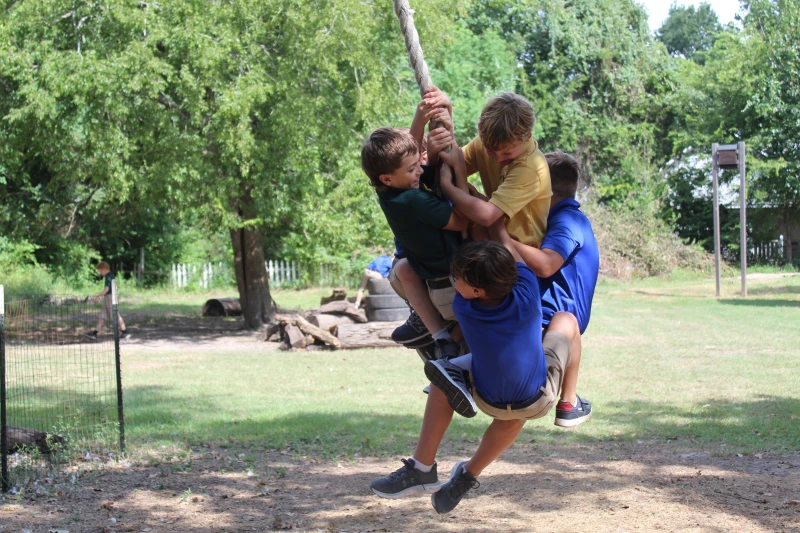





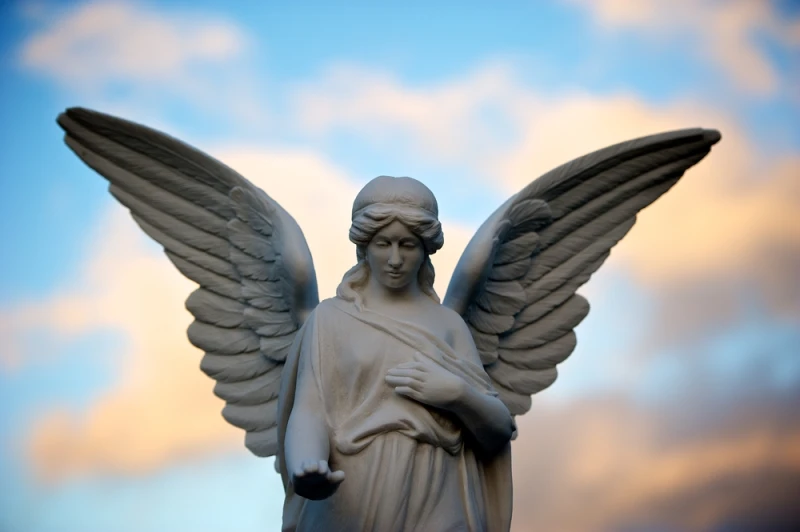

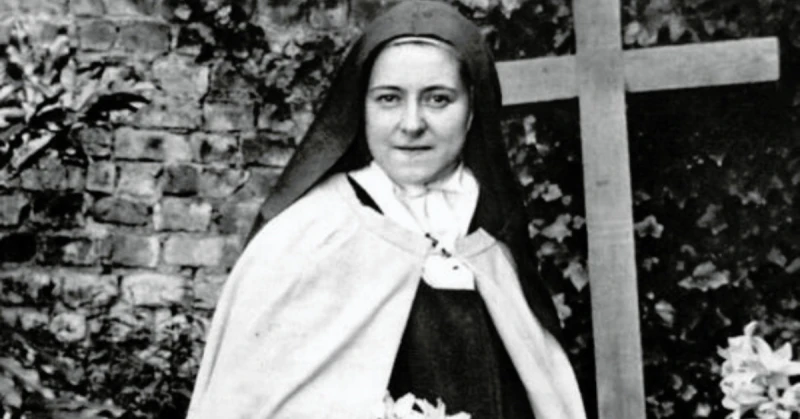

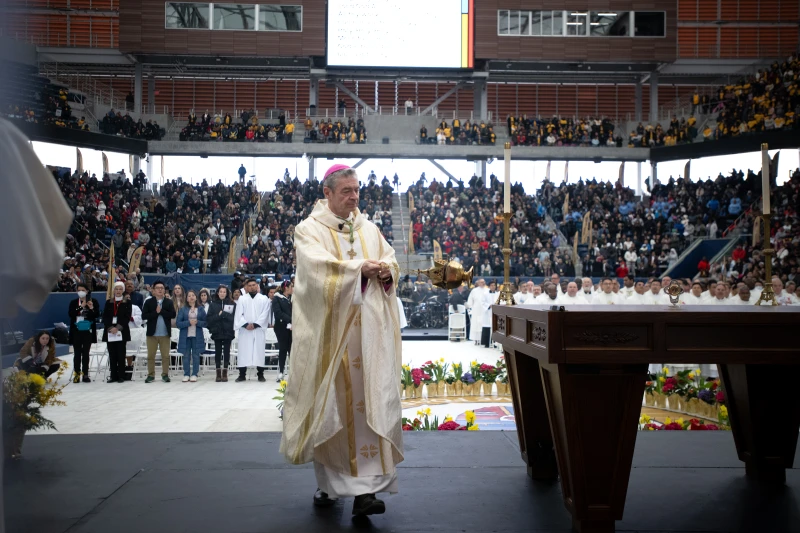

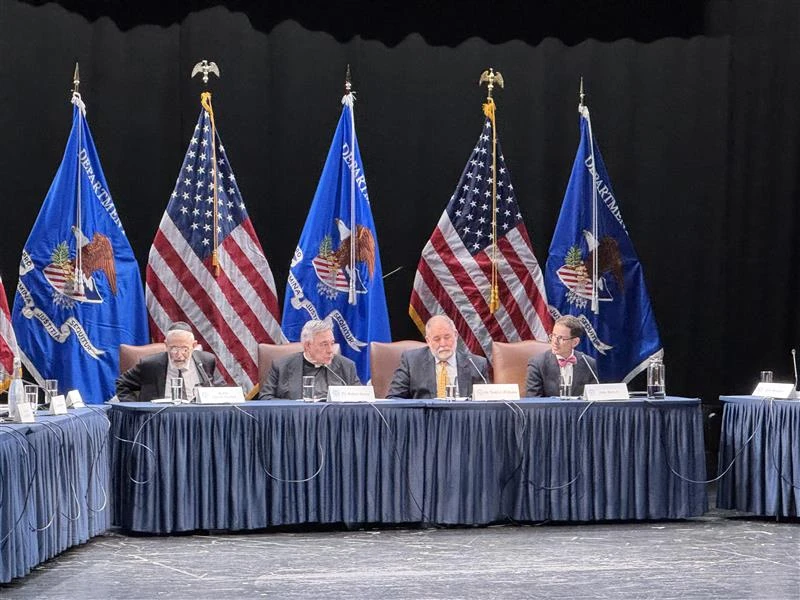

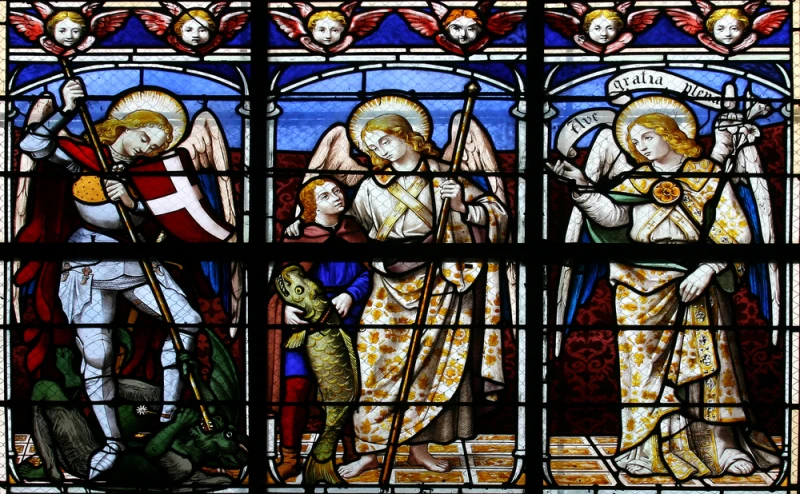

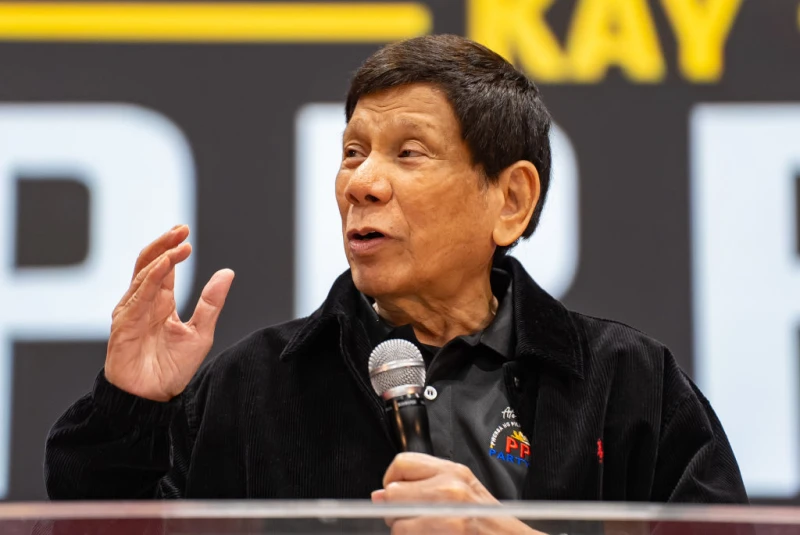

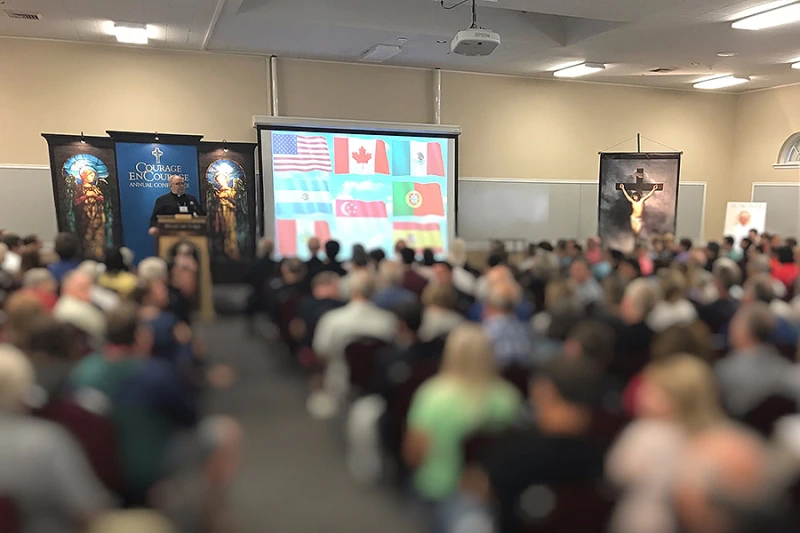

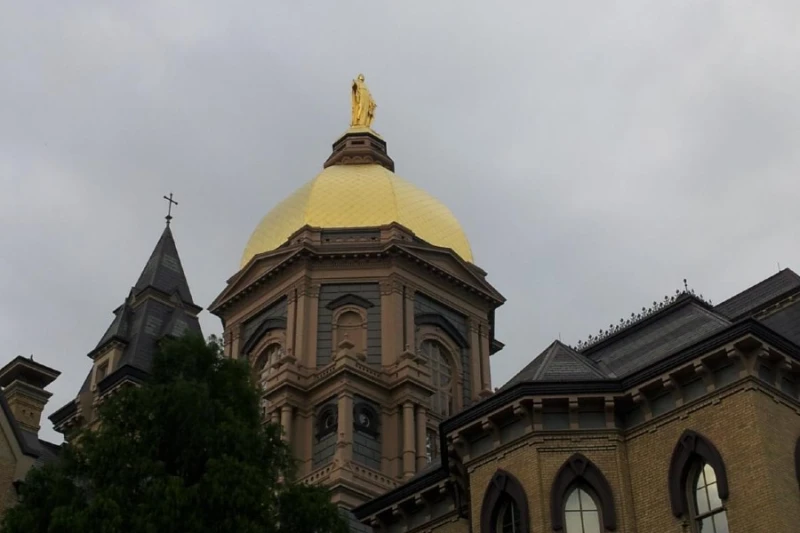
.jpg?w=800&jpg)
